UPDATE | November 10, 2021
"Are Japanese people really using such beautiful Japanese now?" Have you ever opened a textbook and thought so? The words that are popular among young Japanese people are not written in textbooks. However, there are many things that are useful when studying Japanese grammar. In this article, I will introduce three.
INDEX
Buzzwords change quickly. This is probably because many of them represent the atmosphere of Japan at that time.
However, in all ages, young people use short Japanese words. And there are words that remain for a long time. The "feeling" (unpleasant) and "teka" (or rather) that were popular when I was a teenager are still in use.
Of course not all. The word "Oh ha" was also popular, but now few people use it.
It's fun to think about which words will remain in Japanese for a long time, but in fact, many of the popular Japanese words allow foreigners to learn grammar while feeling "the present Japan".
[PR]
It is a short term for "Is it okay?" And is often used by teens and 20s when sending messages to friends. By removing the last "U" in "Is it okay?", It means a lighter confirmation.
This is the "-so" ("it looks delicious", "it seems to have drunk coffee", etc.) that is used when you see or hear something and think that it might be like this.
The grammar is at the N4 level of the Japanese Language Proficiency Test, but it is used when you want to see or hear something and tell someone about it. "Mr. A wants to drink coffee at tomorrow's party.") Many students say that it is difficult to separate.
Words that are difficult to remember if they are polite words will be easier to understand if you think of them as buzzwords that young people often use.
This is a word that comes from the Japanese N3 grammar "only XX". In other words, "only XX wins" means "only XX wins" ("only XX wins").
The word "win" used here means "strongest" or "most favorite". For example, if your favorite idol is named B, some fans will see the video sung by that person and say, "Only B won." Some people say "Udon only won" while eating something they like (for example, udon).
It was a buzzword often used by young people, but recently I've come to see it being used by people in their 30s and 40s. International students often make mistakes in the grammar of "only XX", so let's memorize it while imitating this buzzword.
Finally, I would like to introduce "bad". This is a Japanese language that has been used for a long time, but as the popular YouTuber said, it has become a popular language for young Japanese people today. It's a word used when you feel sick because you don't feel like each other.
Also, this word is an adjective. Be careful not to use it as a verb. For example, Japanese people use things like "it's awkward to be with that person" or "awkward couple".
It is sometimes shortened to say "bad", but this is used when you just want to say "bad". Be careful as you can't add nouns or "desu" later.
If you are at the Japanese Language Proficiency Test N4 level or above, many people will know it, but there are some words that you should not use in Japanese unless you are a friend or classmate. So are buzzwords and youth languages.
It's very rude to tell my boss and teacher. Let's enjoy studying Japanese with buzzwords while being careful.
■ Recommended for those who read this article
Japan's trendy series 1st | Read on your smartphone! Manga that Japanese people often read now

Free writer who likes reading. Born and raised in Osaka and moved to Tokyo in 2010. He writes articles, book reviews, and columns. Currently, while writing, she teaches Japanese to foreigners at a Japanese language school in Tokyo.
[PR]
[PR]